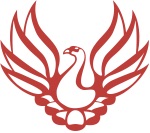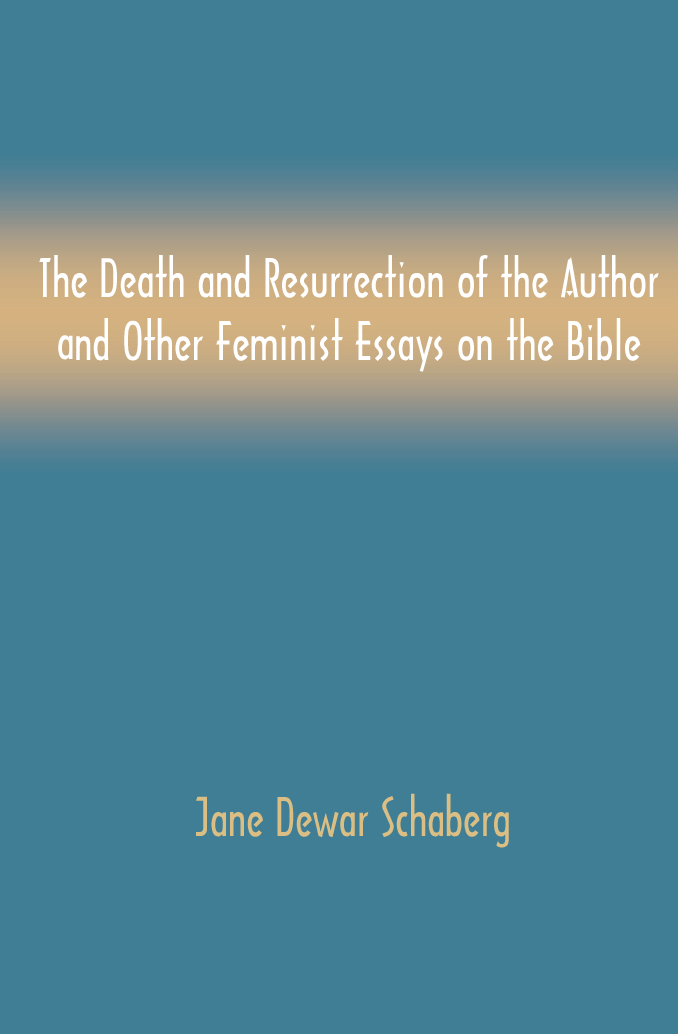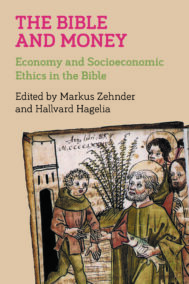The Death and Resurrection of the Author and Other Feminist Essays on the Bible
Published: Oct 2012
£45.00
Jane Dewar Schaberg (1938 —2012) is widely recognized as one of the foremothers of feminist biblical studies in North America, best known for her ground-breaking and controversial works, The Illegitimacy of Jesus (1987) and The Resurrection of Mary Magdalene (2002). The present volume brings together fourteen of her essays on feminist approaches to scholarship and teaching, studies on women in the Christian Scriptures, feminist scholarship and modern media, and responses to backlash against feminism. Many of these essays appear here for the first time. Included also are several of Schaberg's important essays on Mary Magdalene as well as new essays in which she explores further her proposal for 'Magdalene Christianity'.
These studies will be of interest not only to scholars, but also those teaching courses on women and the Bible, women's studies, religion and media, and the history of early Christianity. A distinctive feature of this volume is the way in which it honors the feminist commitment to acknowledging the voice and presence of the author in the text. Each of the five sections is introduced by a brief autobiographical sketch that invites the reader to hear the essays in dialogue with the context of Schaberg's life. These sketches offer the reader a glimpse of the values, commitments, and struggles that are the substratum out of which the scholarly essays emerge. Also woven throughout the volume are several of Schaberg's poems, providing commentary on the essays and drawing them into conversation with Schaberg's life experiences.
Together, the essays, autobiographical sketches and poems speak to the importance of claiming one's own voice and identifying absent voices in the texts. They also speak to the importance of recognizing the context(s) in which one reads and writes, and the need to uncover the hard realities that silence many voices within those contexts. The volume is, in short, a stunning and remarkable representation of a life dedicated to feminist scholarship. For those who read it, it is also a call to action.
The Death and Resurrection of the Author and Other Feminist Essays on the Bible
£45.00
Jane Dewar Schaberg (1938 —2012) is widely recognized as one of the foremothers of feminist biblical studies in North America, best known for her ground-breaking and controversial works, The Illegitimacy of Jesus (1987) and The Resurrection of Mary Magdalene (2002). The present volume brings together fourteen of her essays on feminist approaches to scholarship and teaching, studies on women in the Christian Scriptures, feminist scholarship and modern media, and responses to backlash against feminism. Many of these essays appear here for the first time. Included also are several of Schaberg's important essays on Mary Magdalene as well as new essays in which she explores further her proposal for 'Magdalene Christianity'.
These studies will be of interest not only to scholars, but also those teaching courses on women and the Bible, women's studies, religion and media, and the history of early Christianity. A distinctive feature of this volume is the way in which it honors the feminist commitment to acknowledging the voice and presence of the author in the text. Each of the five sections is introduced by a brief autobiographical sketch that invites the reader to hear the essays in dialogue with the context of Schaberg's life. These sketches offer the reader a glimpse of the values, commitments, and struggles that are the substratum out of which the scholarly essays emerge. Also woven throughout the volume are several of Schaberg's poems, providing commentary on the essays and drawing them into conversation with Schaberg's life experiences.
Together, the essays, autobiographical sketches and poems speak to the importance of claiming one's own voice and identifying absent voices in the texts. They also speak to the importance of recognizing the context(s) in which one reads and writes, and the need to uncover the hard realities that silence many voices within those contexts. The volume is, in short, a stunning and remarkable representation of a life dedicated to feminist scholarship. For those who read it, it is also a call to action.



